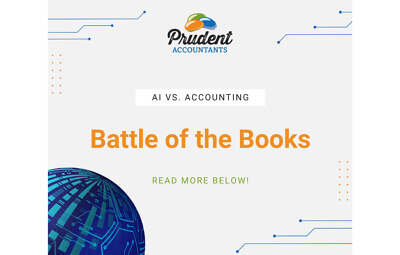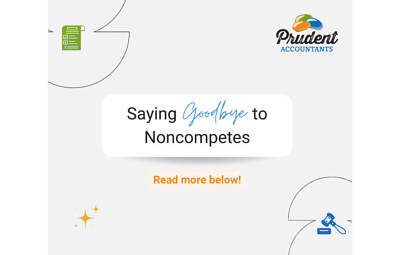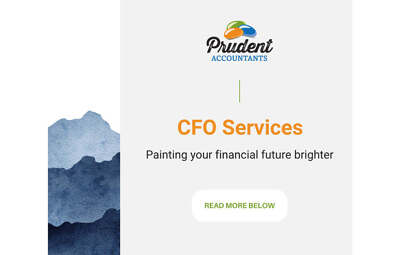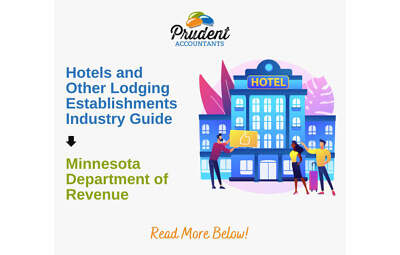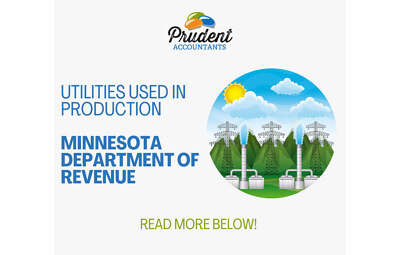Building Cleaning and Maintenance Industry Guide – Minnesota Department of Revenue
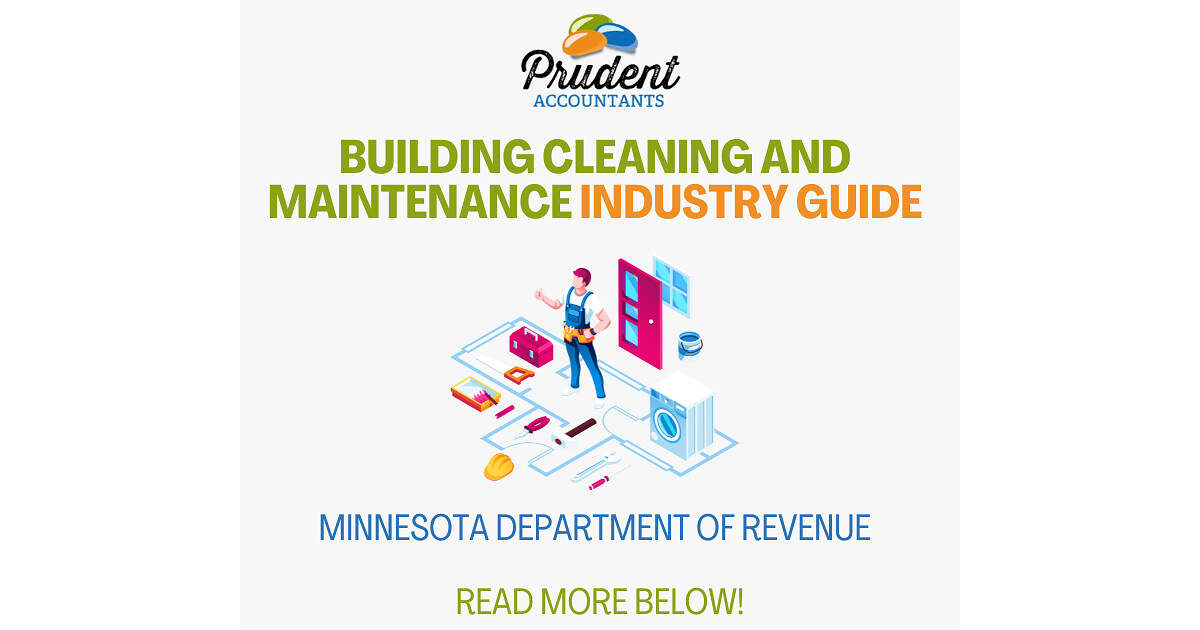
Building Cleaning and Maintenance Industry Guide
This information describes the sales and use tax topics related to the building cleaning and maintenance industry. Use the links in the Guide Menu to see information about that topic.
Defining Cleaning and Maintenance
Sales tax applies to building cleaning and maintenance, disinfecting, and exterminating services.
However, sales tax does not apply to building repair services.
Buildings and Structures
A building or structure includes the building or structure itself and all improvements or fixtures annexed to the structure that are both:
- Integrated with and of permanent benefit to the building or structure
- Cannot be removed without substantial damage to itself or the building or structure
Maintenance
Maintenance means to keep an item in good working order or ensure it keeps operating safely and efficiently.
Sales – Building Cleaning and Maintenance
Building cleaning and maintenance, disinfecting, and exterminating services are taxable.
Building cleaning and maintenance includes both interior and exterior cleaning of commercial and residential buildings, homes, and apartments to keep them in good upkeep or condition. It does not include repairs to buildings.
Note: Janitorial/housecleaning contracts that include both taxable and nontaxable services are taxed on the full amount unless the nontaxable services are separately stated.
Taxable Services
- Carpet cleaning
- Ceiling tile cleaning
- Chimney cleaning
- Disinfecting, exterminating, and pest control
- Duct cleaning
- Elevator cab cleaning
- Floor cleaning, vacuuming, and waxing
- Furnace cleaning
- Gutter cleaning
- Janitorial services
- Junk removal services
- Lighting maintenance
- Office cleaning
- Parking ramp cleaning
- Pressure washing a building
- Restroom cleaning, deodorizing, and sanitizing
- Smoke odor counteracting
- Swimming pool, spa, and hot tub cleaning, maintenance, and disinfecting
- Swimming pool, spa, and hot tub opening and closing services
- Venetian blind cleaning
- Ventilation system cleaning
- Window washing
- Wall and woodwork cleaning
- Water removal (flood or fire damage)
Nontaxable Services (if separately stated on the invoice)
- Cleaning underground tanks
- Insulation removal
- Maintenance of outdoor parking lots and outdoor mall areas
- Painting and wallpapering
- Repairs to real property
- Repairs to mechanical systems
- Sandblasting exteriors of buildings
- Septic tank pumping
- Sewer and drain cleaning
- Snowplowing and removal
- Washing dishes, dusting knick-knacks, making beds, picking up, and room straightening
Miscellaneous
Services Performed within a Business
Building cleaning and maintenance services performed within a business are not taxable when:
- Services are performed by employees for an employer
- Services are provided by one business entity for another when one of the entities owns or controls at least 80% of the other entity
- Services are performed between members of an affiliated group of corporations
Sales to Nonprofits
Qualifying nonprofit organizations must give you a completed Form ST3, Certificate of Exemption to purchase services exempt from tax.
Direct Pay Authorization
A Direct Pay authorization cannot be used to buy services exempt from tax. Taxable services provided to businesses that have a direct pay authorization are taxable.
Equipment Sales
If you sell equipment or other items used in your business, the sale may be taxable. For more information, see Isolated and Occasional Sales.
Local Sales Tax
Some cities and counties have local sales and use taxes. If you are located in or make sales into an area with a local tax, you may owe local sales and use tax. For more information, see Local Sales and Use Taxes.
To determine the sales tax rate, use the location where the product is received by the customer, typically your business or a delivery address. You can use our Sales Tax Rate Map or Sales Tax Rate Calculator to help you determine the sales tax rate.
Sales – Service Contracts
Sales tax applies to some types of service contracts for building cleaning and maintenance.
Contracts for Cleaning Mechanical Systems
Contracts for mechanical systems, such as elevators and HVAC systems, that are for cleaning are taxable building cleaning. Some items used to provide these services are not taxable. See Exempt Purchases.
Contracts for Repairing Mechanical Systems
Contracts for mechanical systems, such as elevators and HVAC systems, that are for repair are not taxable. Repair services must be separately stated.
Repair includes services to:
- Restore an item that was broken, worn, damaged, defective, or malfunctioning, to working order or operating condition
- Sustain or support safe, efficient, and continuous operations
- Prevent decline, failure, lapse, or deterioration. Repair services must be separately stated.
Home Health Care Service Contracts
Home health care services that provide a combination of medical care, personal care, laundry, and cleaning services for one charge are exempt from sales tax. Laundry and cleaning services are considered incidental and are not taxable.
Combination Contracts
Contracts to construct, repair, alter, or improve real property are not taxable. The contractor must pay sales or use tax on any materials, supplies, equipment, or taxable services used to complete the construction contract. For more information, see Contractor and Other Property Installers.
A lump sum contract that includes items listed under “building cleaning and maintenance,” together with construction, alteration, or improvements to real property is considered a construction contract when 50% or more of the total cost of the contract is for improvement of real property.
Examples
- Fire damage requires you to wash walls, clean carpets and Venetian blinds, paint all rooms, and reconstruct several walls. Since 50% or more of the cost of the contract is for improving real property, the contract is not taxable.
Note: If the contractor hires a subcontractor to clean, the contractor must pay tax on the taxable cleaning services. However, if the cleaning is done by the contractor’s crew, no tax applies.
-
Fire damage requires you to wash walls, clean carpets and Venetian blinds, and paint one of several rooms. Painting walls is not taxable if separately stated. Cleaning carpets, Venetian blinds, and washing walls are taxable. However, if the customer is billed a lump-sum amount for painting walls and the taxable services, the entire amount is taxable, since more than 50% of the contract is for taxable services.
Lighting maintenance, such as bulb and fuse replacement, is taxable. However, ballast replacement is only taxable when it is plugged in. When ballasts are hard wired, maintenance to replace them is not taxable because it is an improvement to real property.
Sales – Disinfecting, Exterminating, Pest Control
Disinfecting, exterminating, and pest control services are taxable. These services include fumigating, eradicating, or preventing the infestation of termites, bugs, roaches, moths, birds, and all other living pests.
Agricultural Production Exemption
Disinfecting and exterminating services are exempt from sales tax when the services are used to:
- Prevent or destroy insect infestation of growing crops
- Control or eradicate insects, predators, and other animal pests for the health and protection of agricultural animals
Disinfectants applied to agricultural animals or their environment for the control or eradication of animal diseases or pests are also exempt from sales tax.
The purchaser musts give you a completed Form ST3, Certificate of Exemption.
Junk Removal
Junk removal service providers pick up and remove unwanted items in buildings. Items are generally sent to a recycling center, a second use store, or a disposal station.
Junk removal is the first step in cleaning a building and is a taxable service.
Taxable Junk Removal Services
The following types of junk removal services are taxable:
- Removal of household contents or discarded items from buildings, including garages, abandoned buildings and storage units
- Cleaning and removal of household waste
- Periodic cleaning
- Maintenance of the building
- Lawn care and maintenance
- Removal of twigs and grass clippings
- Tree, bush, and stump removal
For information, see Lawn and Garden Maintenance, Tree, and Shrub Services.
Nontaxable Junk Removal Services
The following junk removal services are not subject to sales tax:
- Waste management services provided by the city sanitation department, solid waste management service providers, or the waste control department (may be subject to Solid Waste Management Tax)
- Curbside pickup of items placed by the property owner, including yard waste (may be subject to Solid Waste Management Tax)
- Removal of appliances when being replaced, if removal service is optional
- Charges for the removal of dumpsters or dumpster bags
Note: Nontaxable services must be listed separately on the customer’s invoice.
- A bank hires a junk removal service provider to clean out a foreclosed residential property. The service provider removes abandoned property from the home and cleans out household debris. Cleaning out the contents of the building is taxable.
- A construction company removes old carpet to install a new wood floor in a home. They remove the old carpeting and haul it away. Hauling away the old carpeting is not taxable since the construction company is not in the business of junk removal.
- A contractor hires a demolition company to tear down two office buildings so an apartment building can be built on the property. The contractor hires a separate company to remove the demolition debris. The removal of the demolition debris is not taxable. The debris removal is not considered part of building and residential cleaning as long as no building remains.
- A homeowner buys a new refrigerator and pays the appliance company to deliver and install it and to remove and haul away the old refrigerator. The removal of the old refrigerator is not taxable because the appliance company is not in the business of junk removal and the removal is optional. (Removal is taxable if required.)
- A moving service provider is hired to pack the contents of a customer’s home and move them to a new home. The contents of the home are not disposed of as the mover sees fit, but are delivered to the location the customer determines. The moving service does not vacuum, sweep, or clean the customer’s home. The moving service is not taxable.
Exempt Purchases
Items that are consumed while providing a taxable service can be purchased, exempt from sales tax. Separate detachable units used to provide taxable services can also be exempt from sales tax.
Consumable Materials
Consumable materials are items used while providing a service and are not reused afterward. Materials used or consumed in providing taxable building cleaning and maintenance, disinfecting, and exterminating services are not taxable. You must use the materials directly in providing the taxable service to qualify for the exemption.
Examples include:
- Chemicals to clean swimming pools
- Chemicals to treat waste generated as a result of providing the taxable service
- Cleaners, disinfectants, degreasers
- Deodorizers
- Disposable rags, paper towels
- Exterminating chemicals
- Furnace filters
- Garbage bags
- Mothballs
- Lubricants and antifreeze for vehicles used while directly providing taxable services (i.e. furnace cleaning machines)
- Pesticides
- Soaps, detergents, waxes, shampoos
- Traps (one-time use)
- Window cleaner
Separate Detachable Units
Separate detachable units used to provide taxable services are exempt. To qualify for the exemption, the item must meet all three requirements:
- It must be used in providing a direct effect for a taxable service.
- It must be an accessory or other item that attaches to a machine while in use.
- Its ordinary useful life must be less than 12 months when used continuously in normal use by the taxable service provider.
Separate detachable units do not include the basic machine or any components included in the original purchase price. Hand tools are not separate detachable units and are taxable. Repair parts are also taxable.
Examples of separate detachable units:
- Abrasive and polishing belts
- Disposable vacuum bags, brushes, and filters (if purchased separately from the vacuum cleaner)
- Mop heads (if purchased separately from the handle)
- Polishing strips and buffers
Taxable Purchases and Use Tax
Items you use to operate your business are taxable unless an exemption applies. Several services are also taxable.
If you do not pay sales tax on a taxable purchase, then use tax is due.
Examples of Taxable Purchases
The following purchases are subject to sales or use tax.
| Taxable Purchases | Examples |
| General items |
|
| Taxable services |
|
| Equipment and tools |
|
| Utilities |
|
Use Tax
If you buy equipment, supplies, or other taxable items for your business and the seller does not charge Minnesota sales tax, you owe use tax on the cost of the items. If your business is located in an area with a local tax, you may also owe local use tax.
Some common situations where you may owe use tax include:
- You buy taxable items or services online without paying sales tax
- You withdraw an item from inventory to use (instead of selling it), donate, or give away
- You buy taxable items outside of Minnesota
- You buy taxable items in another Minnesota city or county with a lower (or no) local sales tax
For more information, see Use Tax for Businesses and Local Sales and Use Taxes.
Filing Returns and Record-Keeping
When filing your return, you must report all sales tax collected and use tax you owe.
Filing Returns
When filing your return, you must report all sales tax collected and use tax you owe.
If you are not registered for sales and use tax, you must contact the Minnesota Department of Revenue and register to collect and report taxes. Call Business Registration at 651-282-5225 or 1-800-657-3605 (toll-free).
For more information, see Sales Tax Return Due Dates.
How to Report Sales and Use Tax
You must file a Sales and Use Tax return online through our e-Services system. For more information, see Filing Information.
Record-Keeping
It is important to keep good records to determine the correct amount of state and local tax you owe.
Your records should include:
- bills, receipts, invoices, cash-register tapes, and any other documents that support the entries in your books
- exemption certificates
- shipping documents
- worksheets used to prepare your tax returns
For more detailed and specific information on Building Cleaning and Maintenance Services, you can visit the Building Cleaning and Maintenance Industry Guide – Minnesota Department of Revenue

